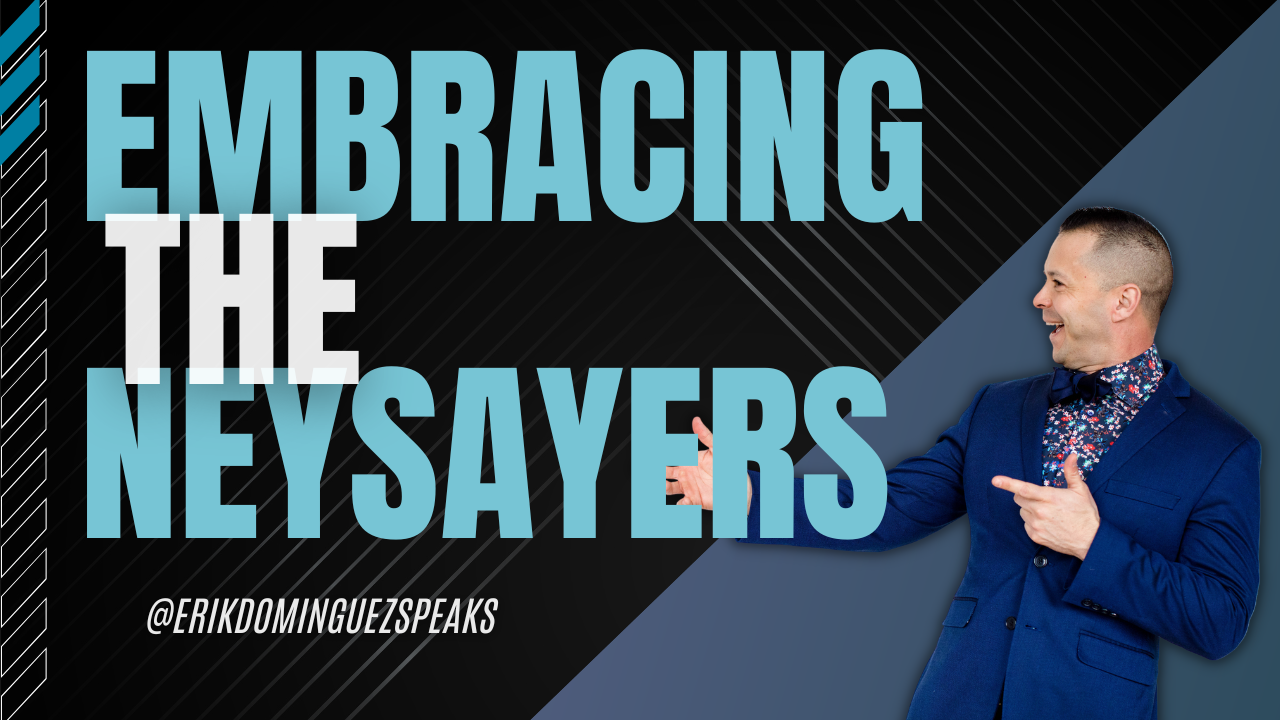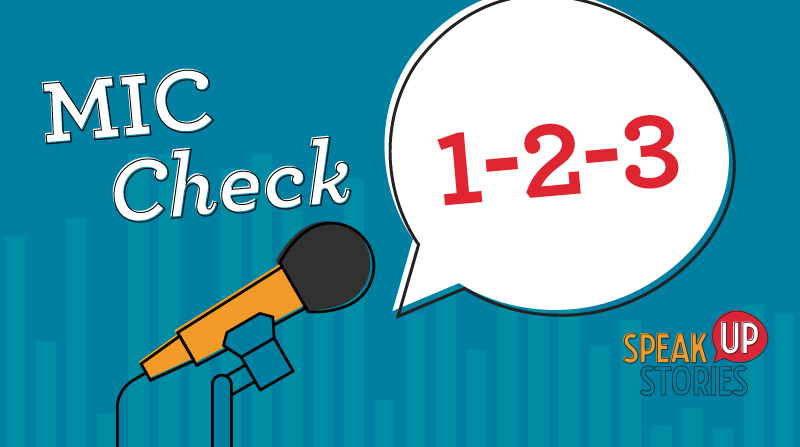 “GOOD ENERGY, BUT COULD HAVE GONE MUCH DEEPER IN HIS TOPIC. VERY SUPERFICIAL CONTENT.”
“GOOD ENERGY, BUT COULD HAVE GONE MUCH DEEPER IN HIS TOPIC. VERY SUPERFICIAL CONTENT.”
Oof. That one hurt. Bad.
Here’s why:
There are generally three types of speakers: motivators, teachers, and disruptors.
🎉 Motivators: pump up the crowd.
📚 Teachers: teach the crowd.
💥Disruptors: disrupt the crowd.
Different events need different styles of speakers, and most effective speakers have elements of all three in their talks. But, all speakers lean to one style or another.
I consider myself 50% teacher, 25% motivator, 25% disruptor. I work hard to bring an audience a good mix of practical tools, engaging stories, and thought-provoking prompts to improve their communication confidence.
📈 Yet, as my speaking business grew, I noticed I was missing out on major keynotes, primarily to motivators. I would study these speakers, watch their Youtube clips, and even watch them at conferences where both spoke. I saw that these speakers were leaning heavily on their stories and energy.
🔊 So, I turned the volume up on my stories and energy.
🔄 When you turn the volume up on one speaking element, you automatically turn the volume down on the other elements. So, my teaching, logic, research, and case studies were diminished or cut. And then, I received that comment: “Good energy but could have gone much deeper in his topic. Very superficial content.”
Again, oof.
This hurt because I was:
1️⃣ Working to meet what I perceived as an audience need and
2️⃣ Consistently working to research, learn, and experience so that I can best train, teach, and equip my audiences.
Here’s the deal: they were right. I was going too far outside of my natural speaking style to appease and gain more speaking gigs.
Here’s another deal: the audience always knows your intentions, and it was clear that I was playing to a different strategy than doing what I do best: teach.
So, I transformed this critic into my coach.. How can I engage my audience with high energy, humor, and an uplifting motivating style and STILL teach practical tools?
Truth be told, I am still working on this balance and calibrating it after each and every speech.
⛳ Because here’s yet another deal: speaking is a process of refinement. Golfers never perfect their swing. Basketball players don’t make every shot. Musicians don’t always hit every note.
🔁 Speaking is not about perfection, it is about process. And you will never be able to please every single person in your audience.
🌱 So we take the feedback that serves us, even the feedback that stings, and we use it to improve, improve, improve, and…oh yea, that’s right…improve.
KEEP SPEAKING UP YOUR STORY,

ENCORE: MORE TO EXPLORE

HOW TO TRANSFORM CRITICISM INTO ACTION
If we’re talking about something important or sharing a meaningful message, you can bet that criticism will come our way sooner or later. But that’s a good sign! It means we’re saying something worthwhile. And even when feedback stings, whether from a credible source or not, we can still use it to our advantage.

OUR CRITICS ARE OUR BEST COACHES
When seen as neutral, critical feedback can boost performance by up to 39%. Discover how to transform critics into coaches, using their insights for personal and professional growth. Click on the link below to learn how we can use the feedback that stings the most into an action plan that will help you grow, and help you continue to keep feedback neutral and FOR you instead of against you.


